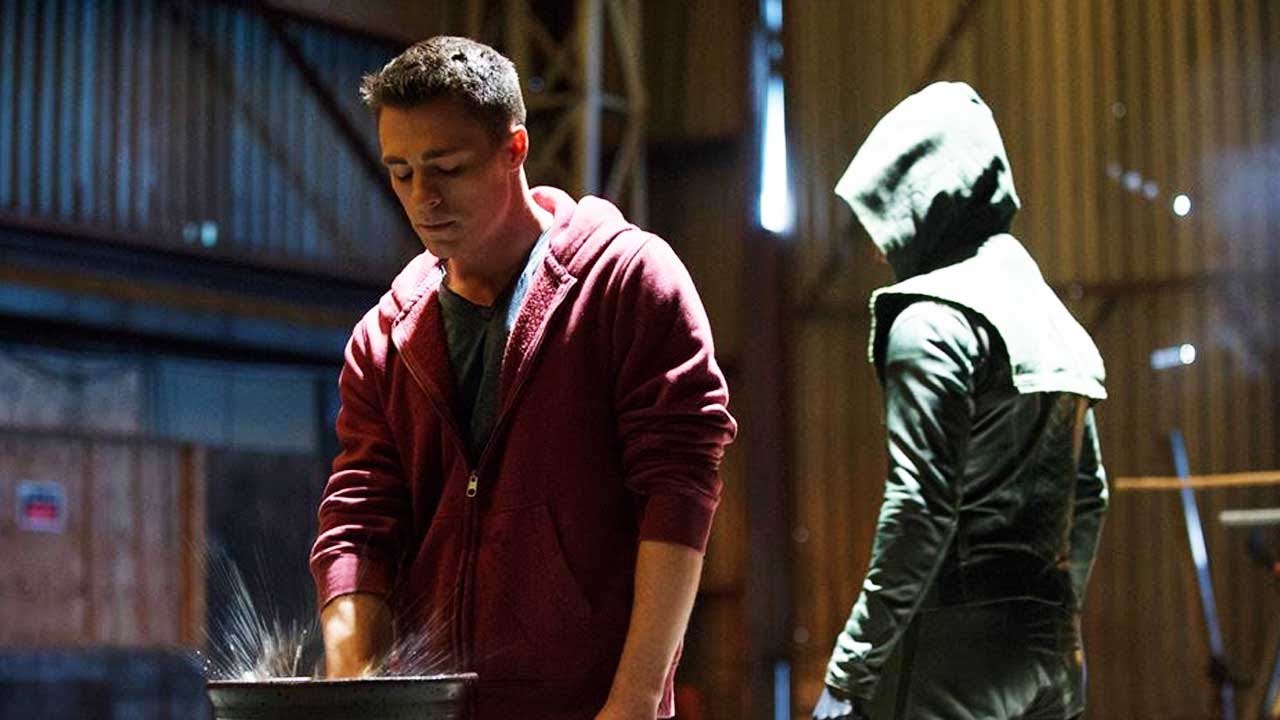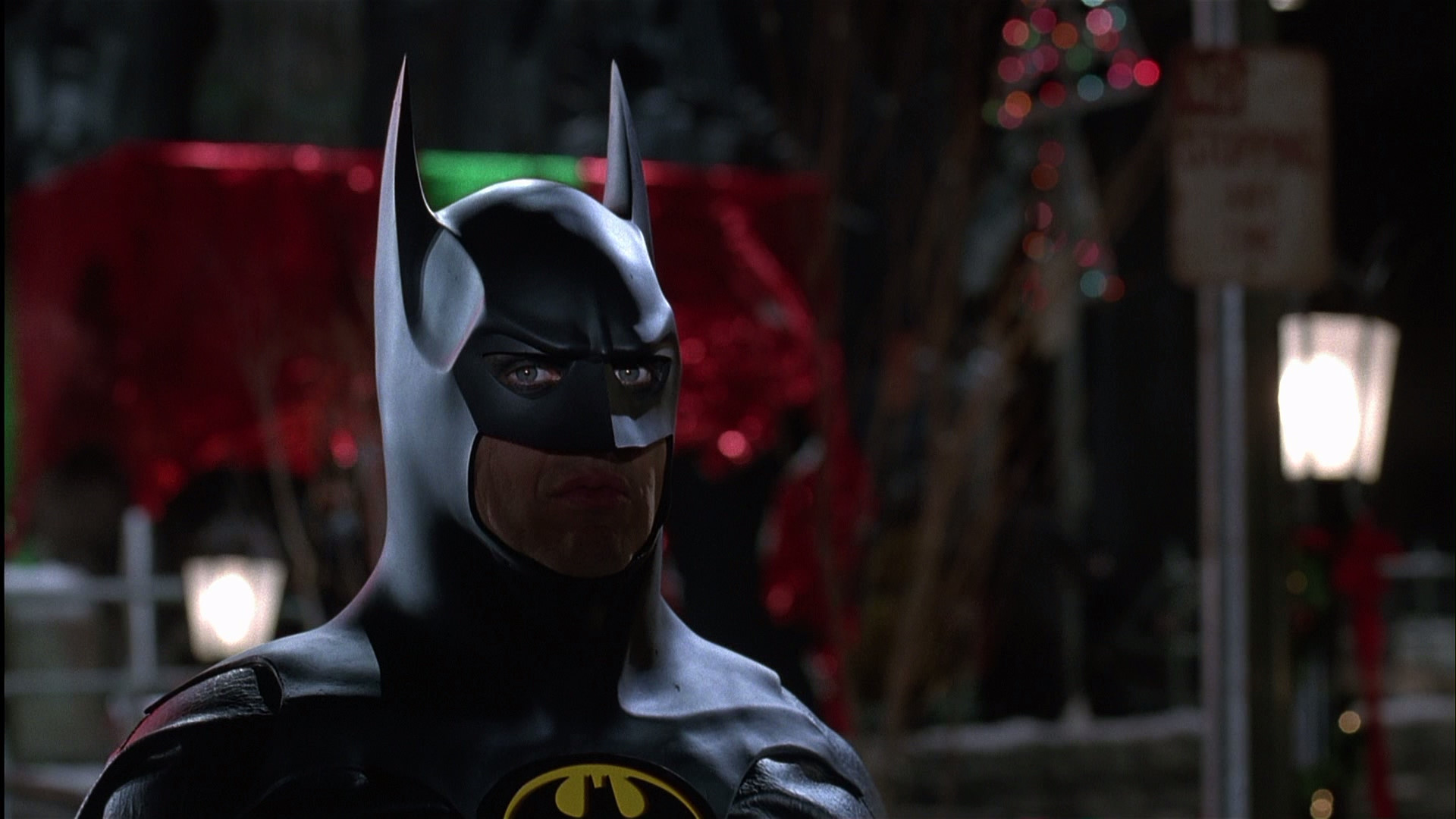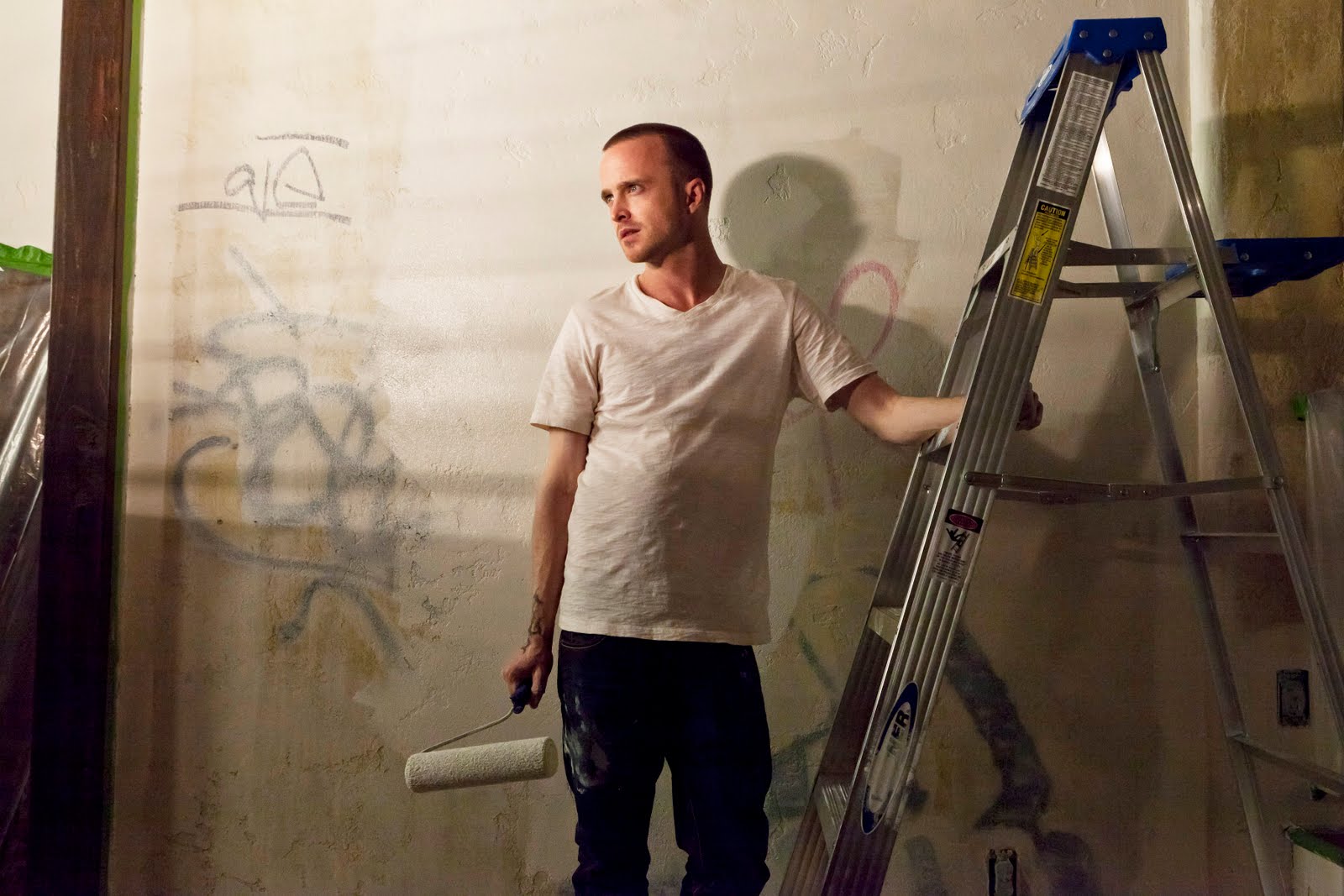
Homeland, Season 4, Episodes 1 & 2, “The Drone Queen”/”Trylon and Perisphere”
Written by Alex Gansa (Part 1) & Chip Johannessen (Part 2)
Directed by Lesli Linka Glatter (Part 1) & Keith Gordon (Part 2)
Airs Sundays at 9pm on Showtime
The opening minutes of Homeland‘s fourth season, designed to disorient and excite, throws us into Carrie’s new world as the CIA station chief in Kabul. This double feature premiere hits the ground running, as we watch how Carrie and her team make a decision that looks as if it will have reverberations throughout the rest of the season. Welcome back, Homeland is saying, and let us get “back to basics”.
The narrative heading into this season, anyway, is that it’s a return to form — now that Brody is gone, we can focus our attention on Carrie and her newest mission, doing what she does best. It’s a good narrative for the show to have, considering the widely-held opinion that it hasn’t been particularly good since sometime in season two. And it mostly comes to fruition, especially in the first hour. Part One works from the very beginning, as Carrie chooses to trust the station chief in Pakistan (Sandy Bachman, played by Corey Stoll) and take out a farmhouse reportedly containing Haissam Haqqani, a prominent terrorist. Sandy won’t name his source, but Carrie takes action anyway. The best, and most telling, moment in the entire premiere comes next, right after the strike, as we watch Carrie’s face. It’s very subtle, but Claire Danes nails the look that suggests regret behind her eyes.
It’s a telling shot because much of this premiere is about responsibility and accountability (both words are thrown around), and Carrie seems to be saying one thing but thinking another. Later on, Quinn asks her, “It doesn’t bother you?”, and she gives a non-committal brush-off. “What about when it goes wrong?”, he asks, and she deflects: “It doesn’t happen that often.” He reminds her that this time, it did. She puts the blame on the innocent victims, for they knew who Haqqani was and the risks involved, repeating what Sandy had said earlier. It’s a grandly delusional outlook, a way to absolve oneself of any responsibility or sleepless nights of guilt.
Quinn, for what it’s worth, can’t absolve himself. He’s consumed by the implications of the strike, and how they had to drive away while Sandy was pulled from their van and killed (in the premiere’s tensest scene). Unlike Carrie, he can’t lie to himself about it, so he distracts himself by drinking straight alcohol and having sex with his landlord. This is a worthwhile side-story, and an important counterpoint to Carrie, but it’s a shame that the landlord is a fat woman who is completely defined by her weight (one of the first comments she makes is about it), and who seems to exist only as a plot device so that Quinn can go off the handle and beat two guys making comments about her. It’s a small gripe, but one that sticks out.
As promised, though, the focus is on Carrie. This season is rather smartly playing up the ethical and moral implications of drone strikes, and how uncomfortable we all feel about them. It’s a timely theme and it makes sense within the series. Carrie’s delusion about her role in it is reflective of the American government, who have notoriously decided that any man of a certain age is automatically considered a militant, not a civilian. After Sandy places the blame on Haqqani and the innocent victims (“He put their lives at risk, not us,” to which Quinn says nothing in a poignant moment), it’s more crushing to hear Carrie say the same thing, particularly since we remember the unmistakable regret in her gaze.
This is all underlined by Aayan, Haqqani’s nephew, who certainly looks as if he will be playing a major role in this season. Much of these two hours are devoted to him, from the immediate aftermath as he realizes his entire family has been killed, to being attacked in the middle of the night by unknown men telling him to stop talking to the press. His storyline is the most engaging so far, because he is an easy but effective way to show the other side of these conflicts. It’s unclear where his story is headed (are we witnessing the birth of a terrorist?), but he is easily the most sympathetic character in this premiere.
All this said, this two-hour premiere mostly exists to set in motion the things that will drive this season, so naturally it’s a lot of piece-moving and table-setting. Carrie is off to Islamabad, after essentially blackmailing Lockhart into it. Quinn isn’t ready to join her. We’re introduced to Aayan. And Saul’s arc appears to be his hope to reclaim the throne at the CIA, as Carrie’s latest fuck-up has painted Lockhart in a worse light than ever. This is exciting, since it gives Saul something to do, but he also deals with Mira and her disappointed eyes. That is one thing we’ll hopefully be done with for the rest of the season: the disappointed judgement in people’s eyes, from Mira about Saul’s commitment to work (the same beats we’ve hit countless times with them) to the nanny disapproving of Carrie leaving her daughter.
Speaking of Carrie and her daughter (whose distinct red hair reminds us of Brody and that whole thing), this is another thread of uncertainty. Her sister spends the episode nagging her to be a better mother, but this feels like a plot the writers threw in last season and are saving face with now. “You bring a life into this world, you take responsibility,” her sister tells her, drawing a parallel to her lack of accountability for taking 40 innocent lives. “There’s not even a diagnosis for what’s wrong with you,” her sister says after Carrie tells her she “has to” go to Islamabad. It’s a silly line, but it leads to an excellent and brief scene of Carrie saying goodbye to her daughter, which amounts to nothing more than, “I’m so sorry.” It’s quiet and heartbreaking, and far more successful as a scene than her almost-drowning earlier. That scene has already proven controversial, and the execution is as good as it could’ve been, but it still runs dangerously close to crossing a line Carrie simply wouldn’t cross. It’s a gutsy move, however, so kudos for that.
Hopefully, the show will leave these unfortunate storylines behind for the rest of the season, though if Dana Brody has taught us anything, it’s that Homeland writers commit. In general, though, this is an impressive premiere that attempts to hit the reset button, if hesitantly. There are promising things here, and Carrie Mathison remains one of TV’s most compelling characters. Claire Danes will always make this show worth giving a second, third, fourth shot. And both parts of this premiere close with fantastic Carrie moments: in part one, she attempts to regain her composure and puts on lipstick, only its slightly off; in part two, she sits alone in the plane to Islamabad, and tells the pilot, “I’m fine…I’m fine,” as we pan out, isolating her in the corner. Welcome back, Carrie.






